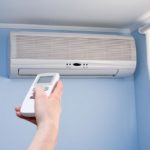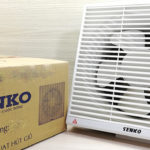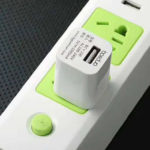Should you unplug your air conditioner when not in use?
Most households have the habit of not unplugging the air conditioner when not in use for a long time, and this is a mistake. The best way to handle long periods of non-use is to unplug the air conditioner or turn off the air conditioner’s power switch.
The correct way to turn off the air conditioner
Based on the operating principle of the air conditioner, many manufacturers advise users to turn off the air conditioner in the following steps:
- Step 1: First, use the remote control to turn off the air conditioner.
- Step 2: Then, you can disconnect the power source to completely stop the operation of the air conditioner, saving electricity, protecting the equipment, increasing durability, and ensuring safety for users.
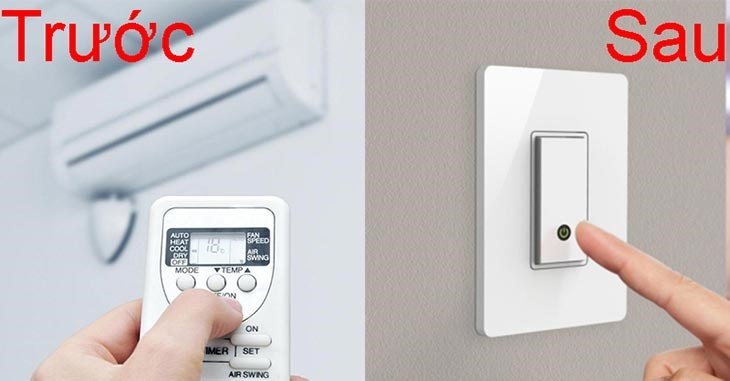
What happens if you keep it plugged in even if you don’t use the air conditioner?
Wasting electricity
The weather in autumn and winter is usually cold, so basically we don’t use the air conditioner during this time. The machine is not in use, but if you don’t unplug it, it will still be in standby mode. If you observe carefully, you will see the indicator light on the air conditioner still on, which means the machine is consuming electricity. Although the amount of electricity consumed in standby mode is not much, if left for a long time, it will still cost you a certain amount of money.
Moreover, there are usually more than one air conditioner in a house, so it will consume more electricity.
Electrical risks
If you don’t unplug it, the air conditioner will always be powered on. If there is a thunderstorm or unstable electrical voltage in the house, the air conditioner may be damaged and even cause fire or explosion, posing a safety risk. Therefore, when not using the air conditioner, for the safety of your family, it is best to unplug it.
Shortens the lifespan of the air conditioner
Inside the air conditioner, there are many components. If you don’t unplug it, these components will always be powered on. Components that operate for a long time will get damaged, not only reducing the lifespan of the machine but also posing a significant danger.
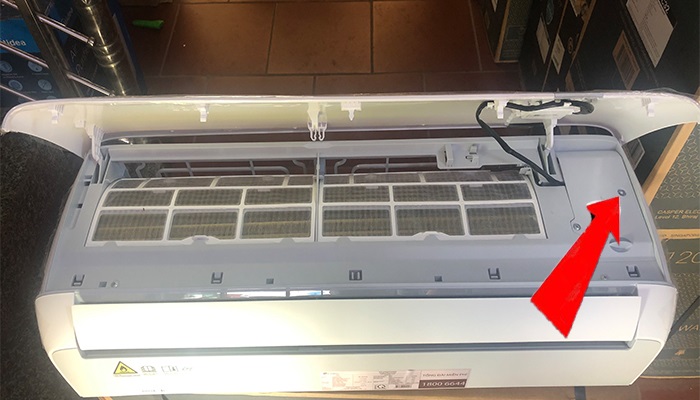
Therefore, it is better to unplug the power or turn off the circuit breaker during this time, not only to maintain the air conditioner but also to ensure the safety of everyone in the family. Before that, you can also check, clean, and do basic maintenance for the equipment.
After a long period of rest, if you want to use the air conditioner again, you need to clean and check if there are any problems inside the equipment.
Explore 12 Amazing Destinations for Biking Trips
Unlock Vietnam in a brand new way with an exciting biking tour! Discover the stunning beauty of the country with Dien May XANH’s top 12 must-see destinations. From sweeping plains to clear blue beaches and mountainous vistas – experience all the sights with your own personal cycling tour. Find your ideal route and set out for an adventure today!


























